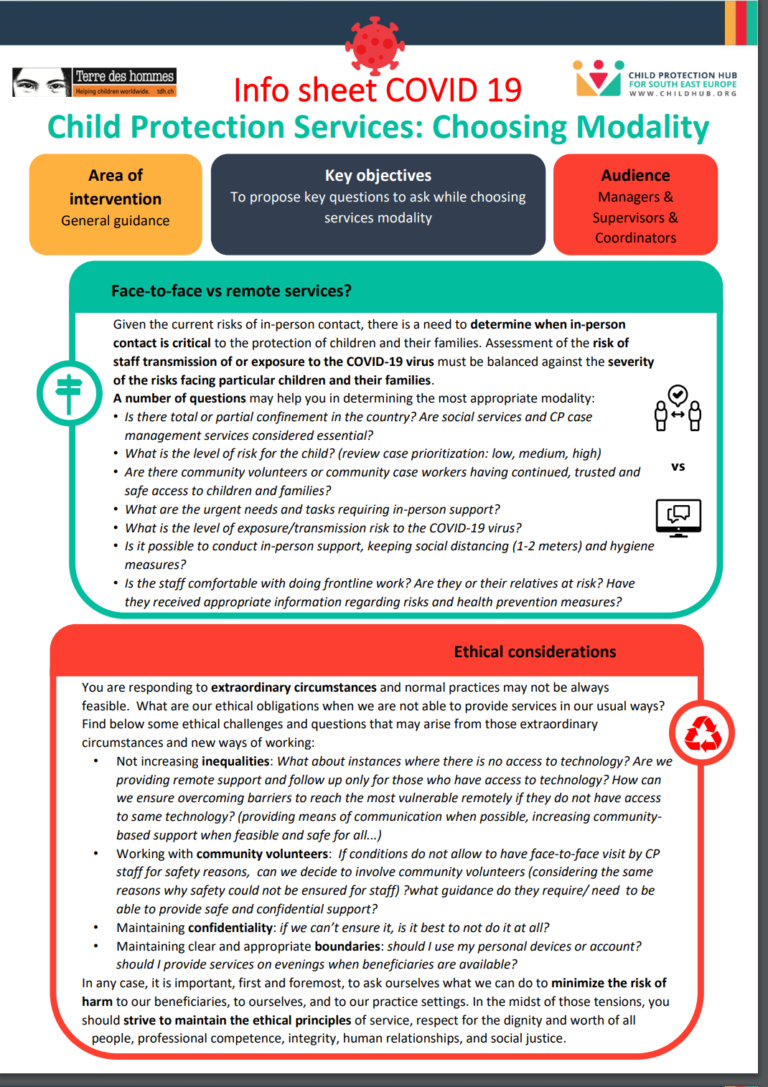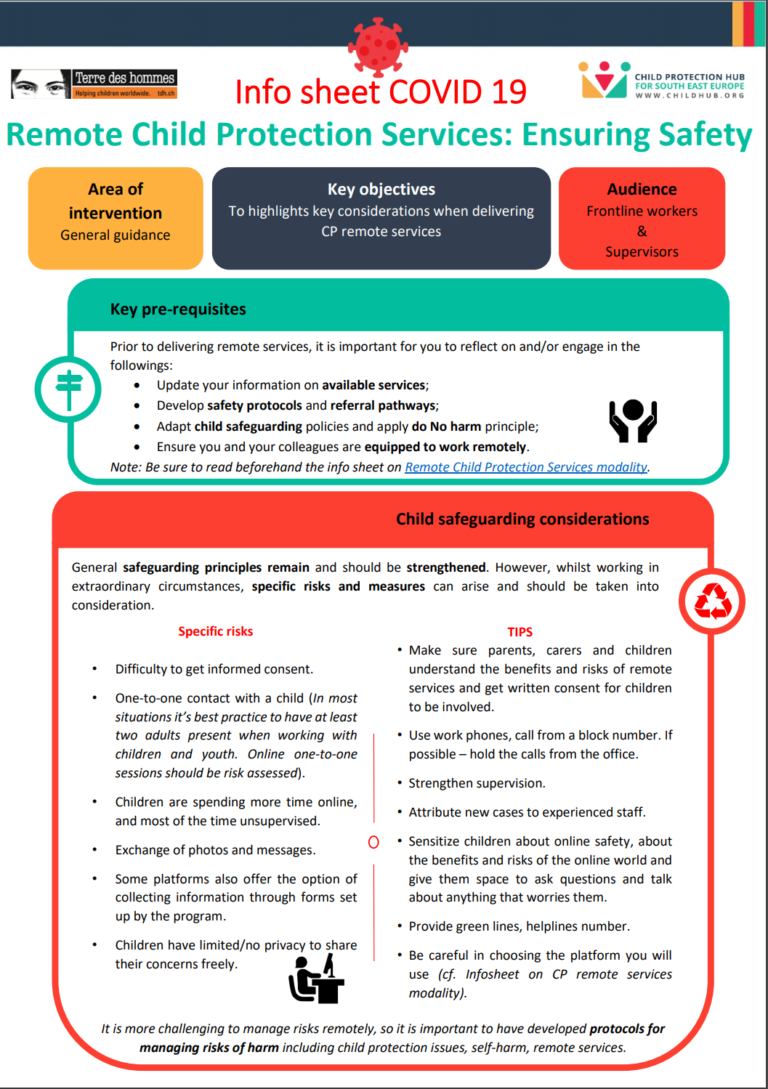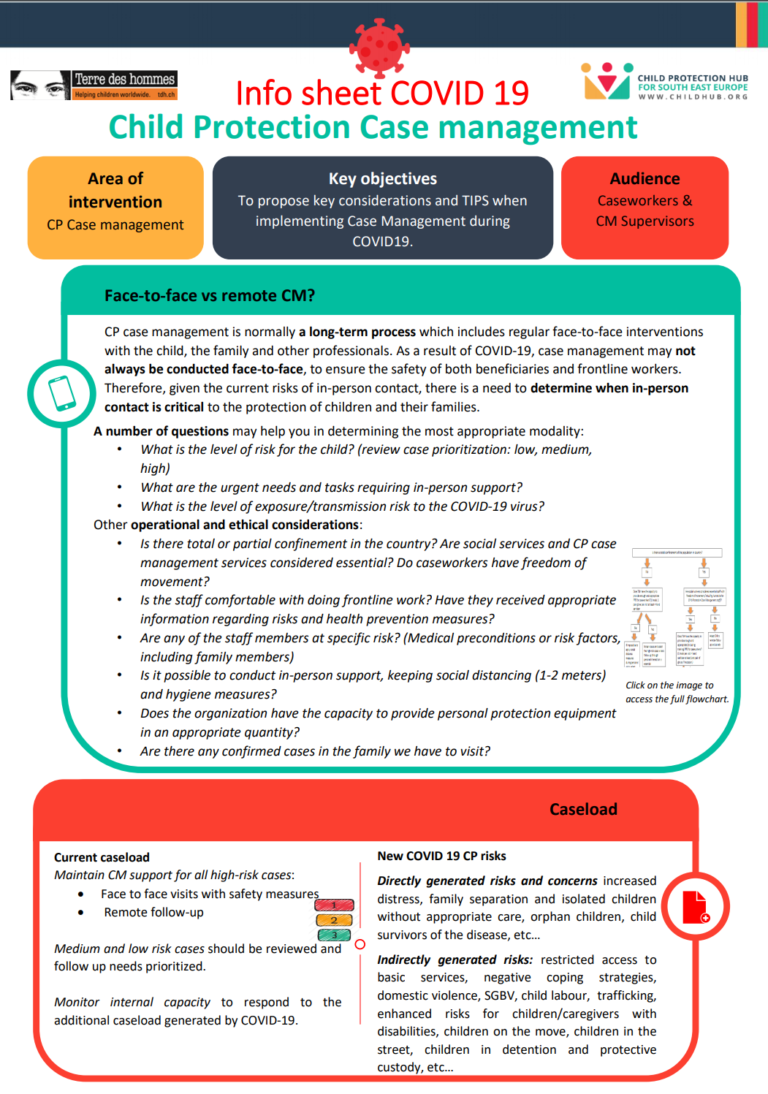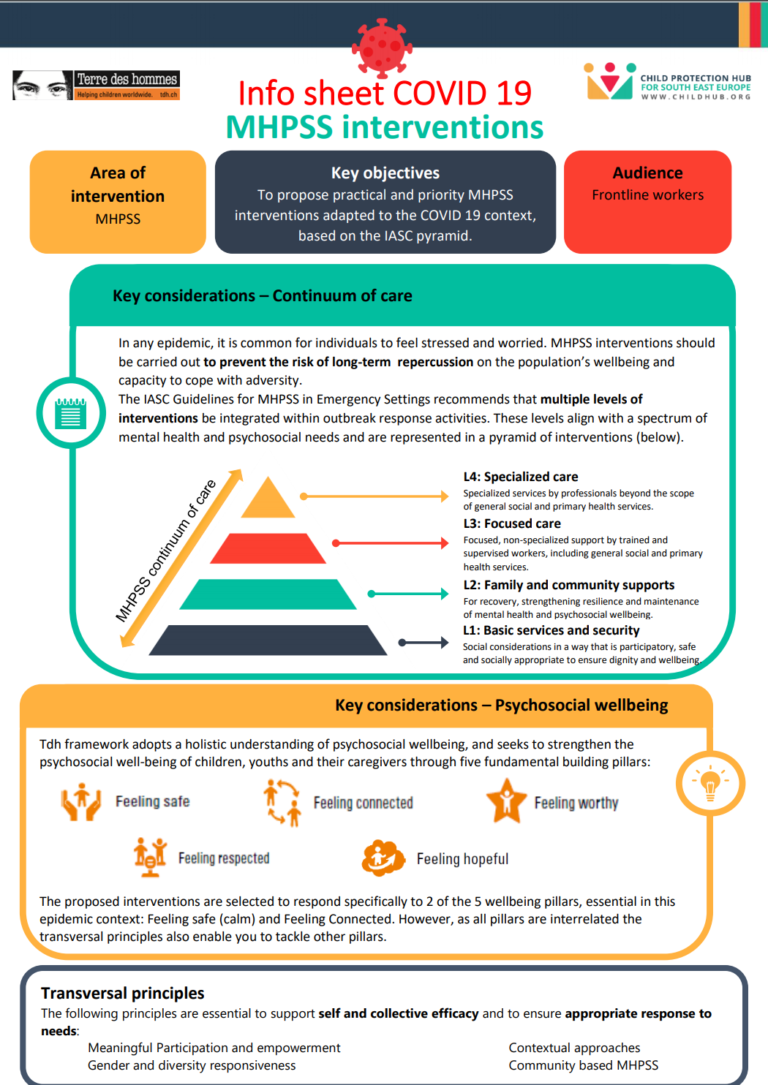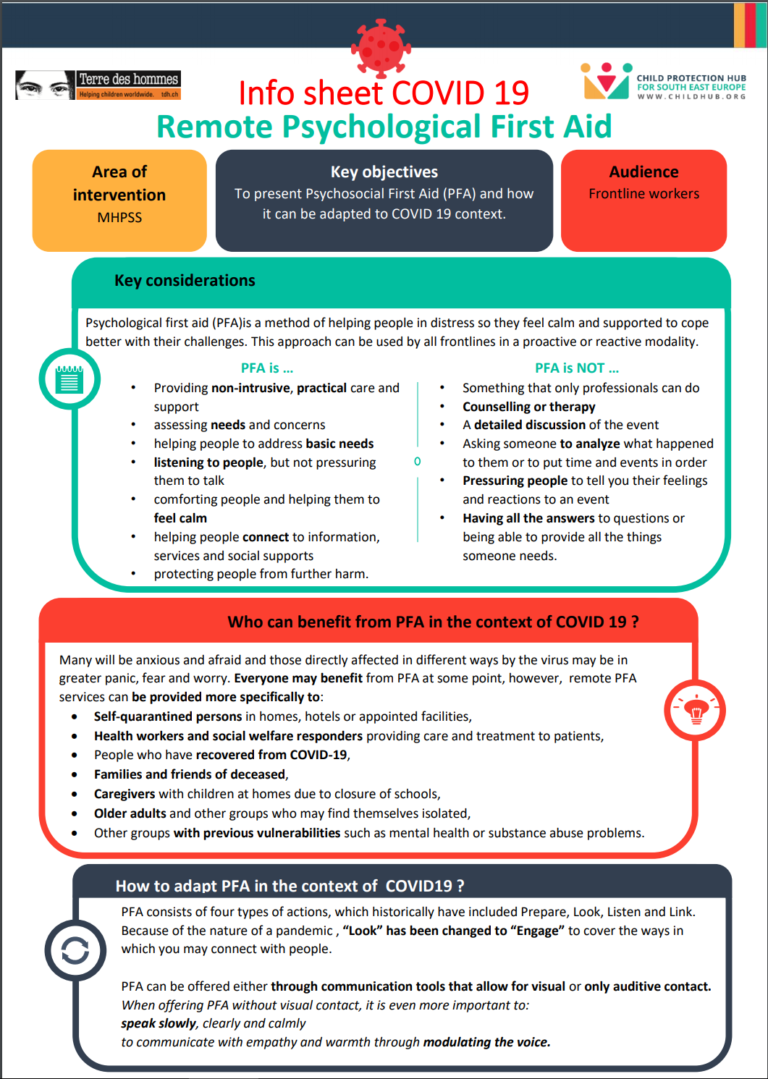Technical Note: COVID-19 and Child Labour
COVID-19 resourcesGuidanceThe United Nations declared 2021 the International year for the Elimination of Child Labour, an effort to eradicate this form of abuse and exploitation, a milestone in reaching the Sustainable Development Goal target 8.7. Worldwide, an estimated 152...Read More

